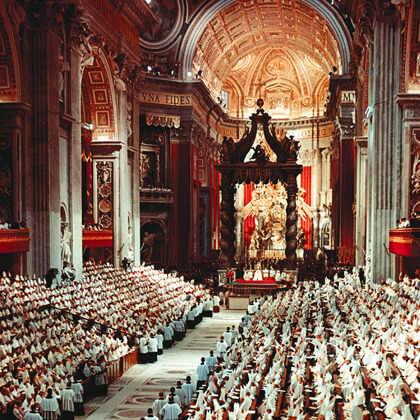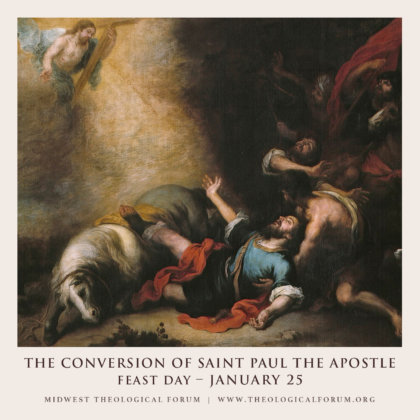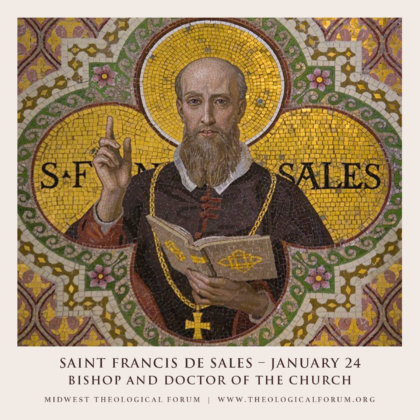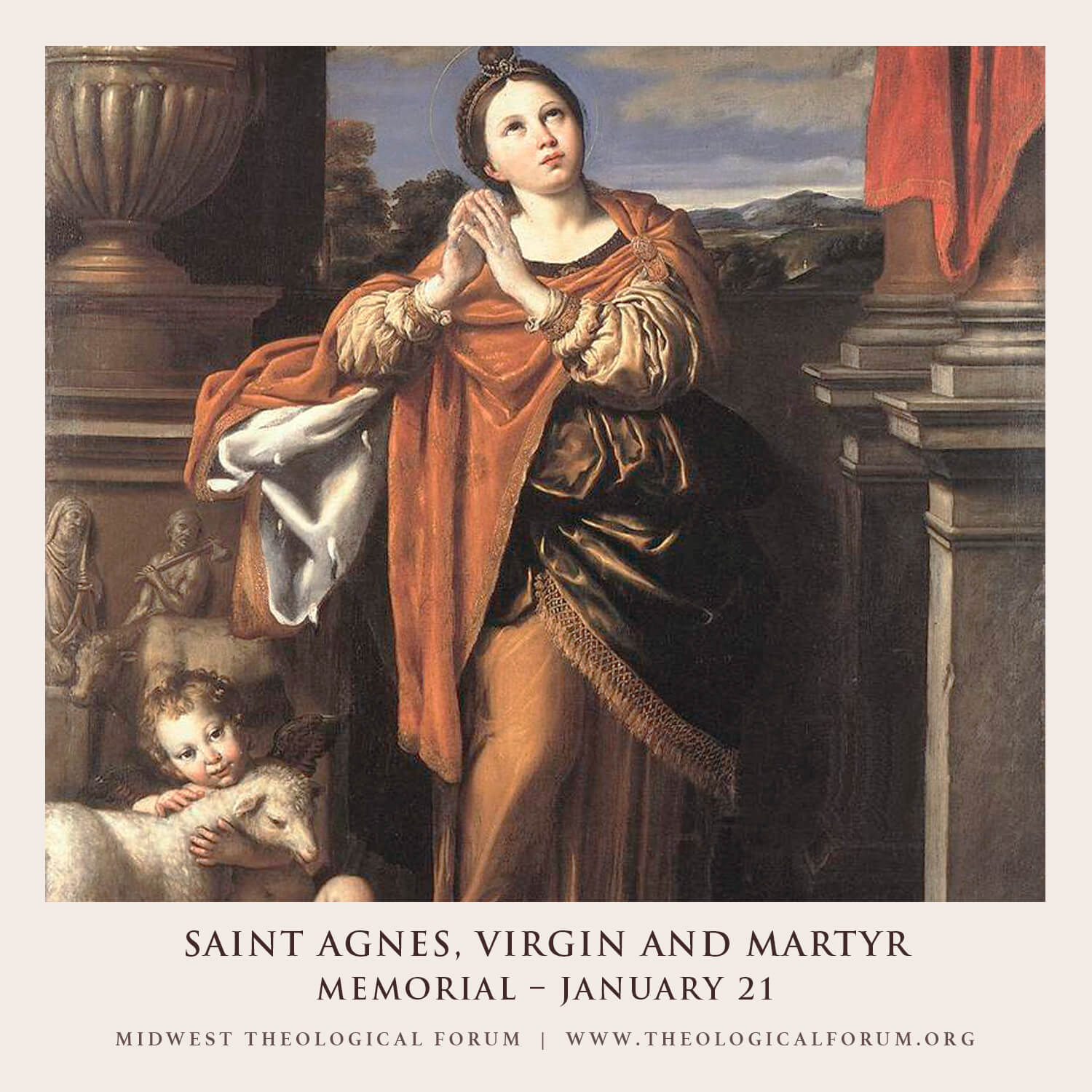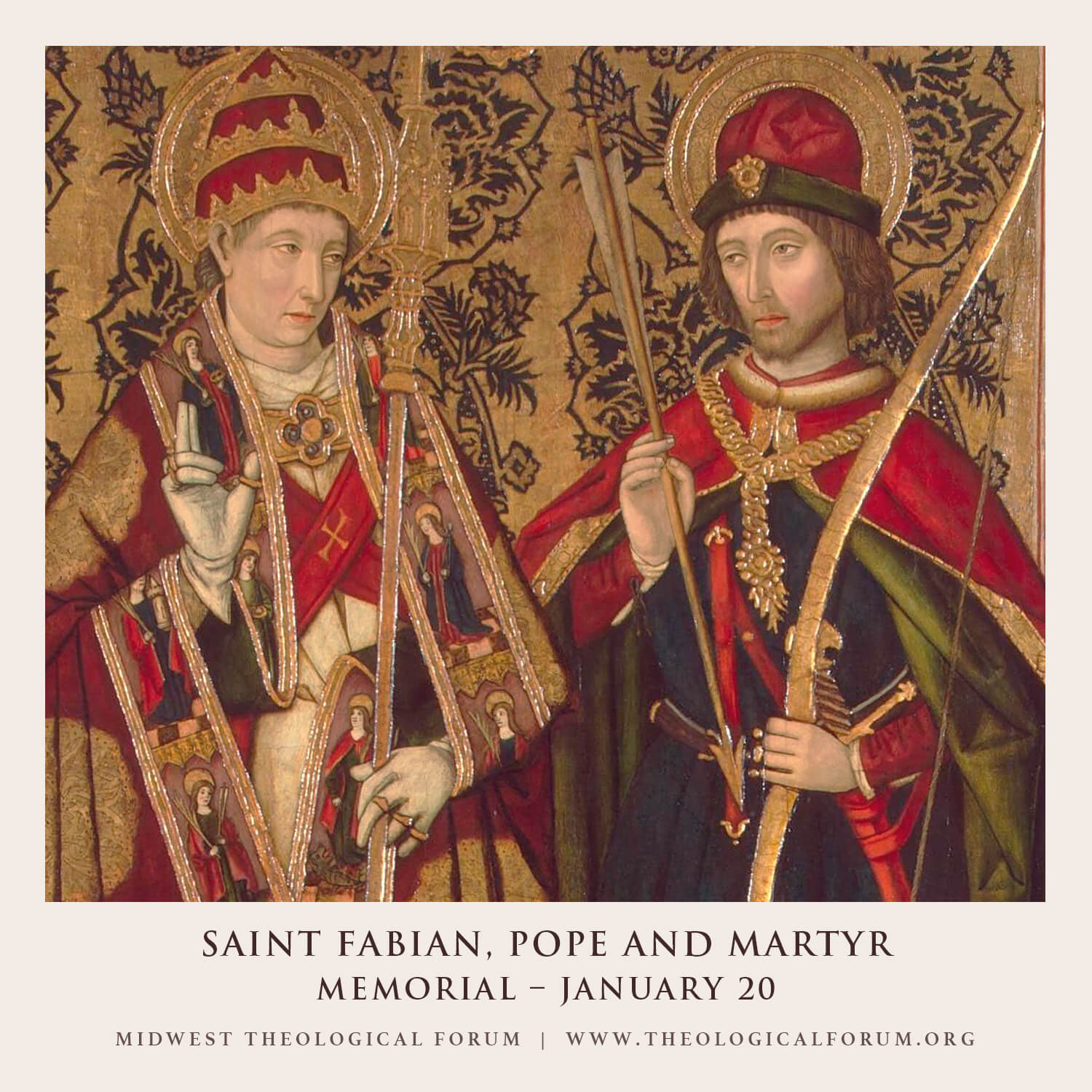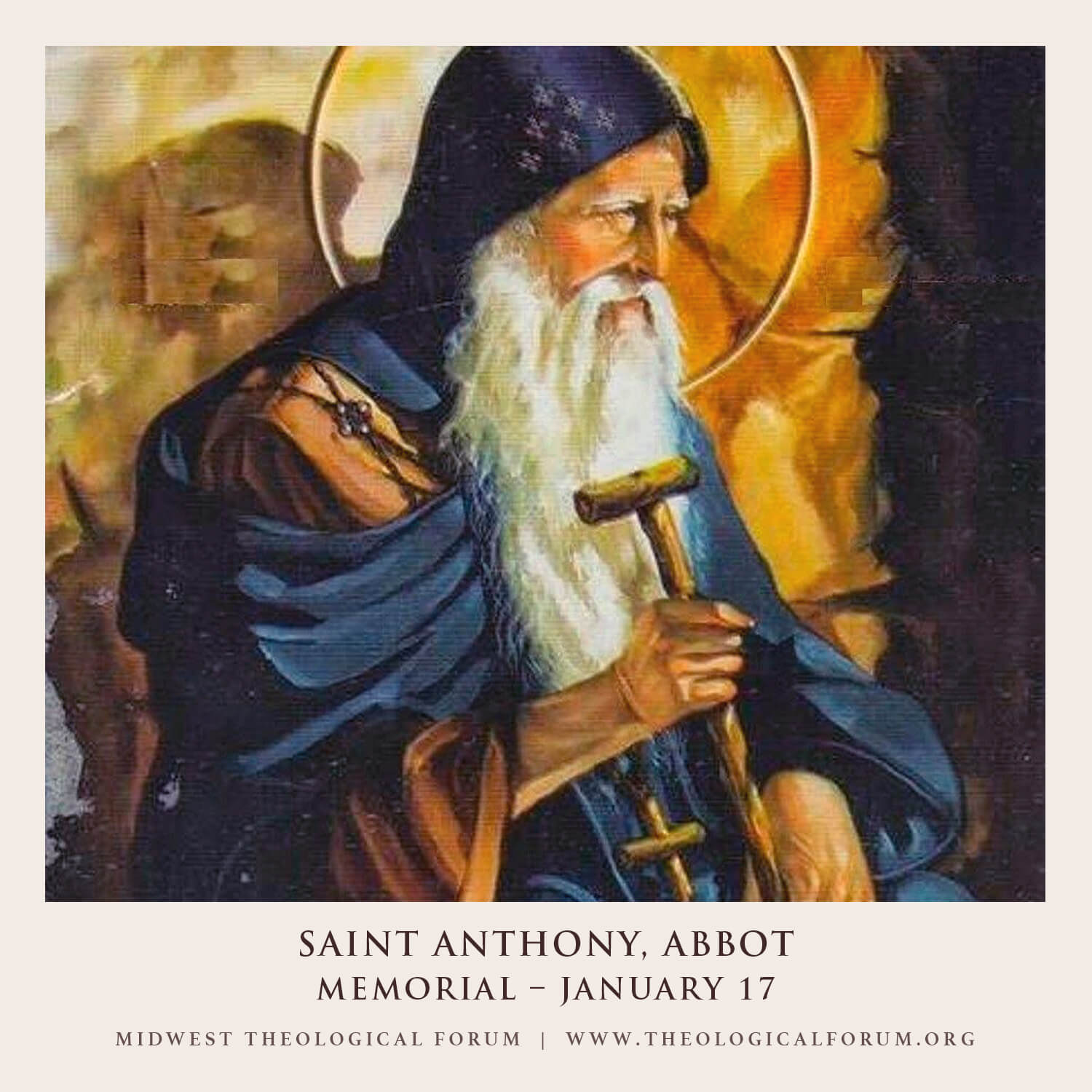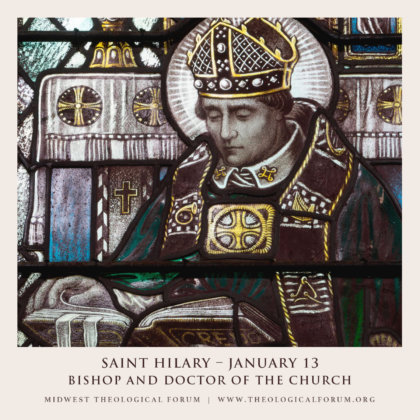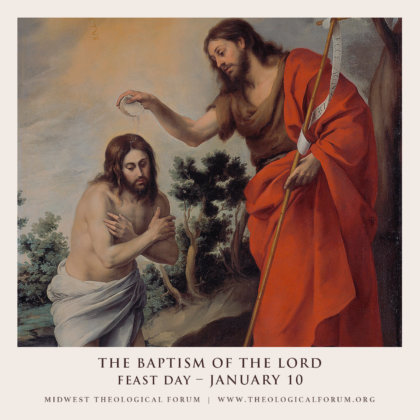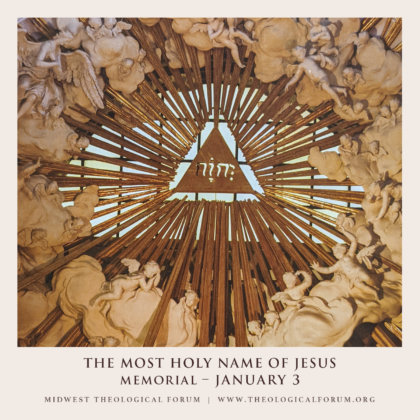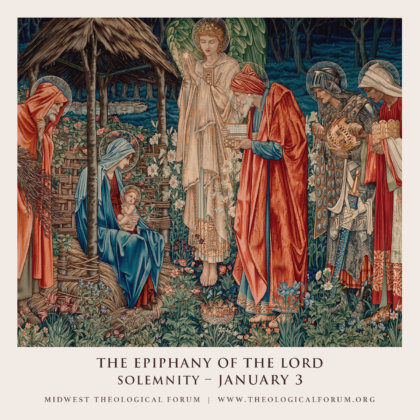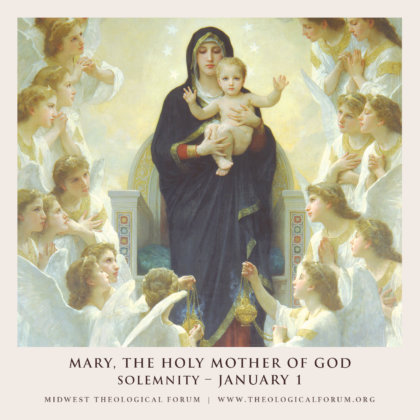The conversion of Saul of Tarsus while he was on his way to Damascus is one of the most powerful miracles in the history of the early Church. It reveals how faith comes from grace and builds upon free cooperation with it. The doctrine of the Mystical Body of Christ received proof and a clear illustration when Christ said, “Saul, Saul, why do you persecute me?”
“On that journey as I drew near to Damascus, about noon a great light from the sky suddenly shone around me. I fell to the ground and heard a voice saying to me, ‘Saul, Saul, why are you persecuting me?’ I replied, ‘Who are you, sir?’ And he said to me, ‘I am Jesus the […]

